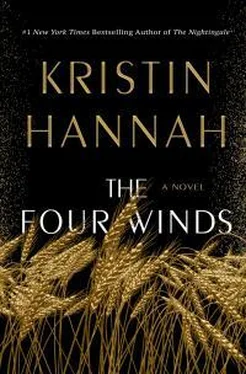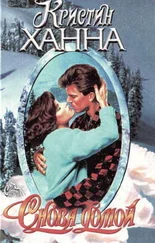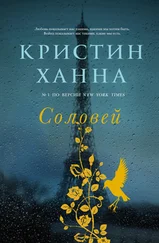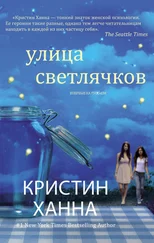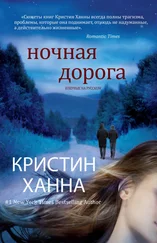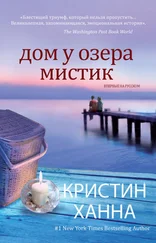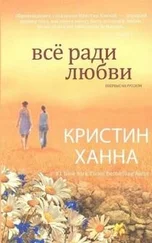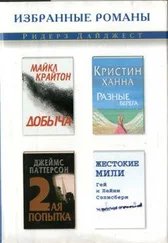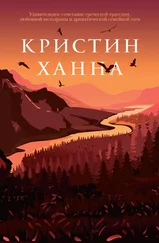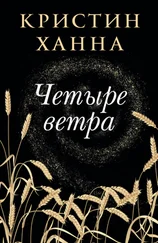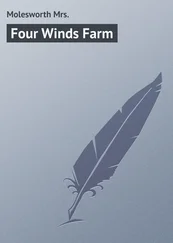Love is what remains.
“Goodbye,” I whisper, although I don’t really give the word away, I hold it close. I look at her headstone, see that word, the one that will forever define her for me: warrior.
Smiling, I turn and look back over the farm that will always be home, where she will await my return.
But for now, I am an explorer again, made bold by hardship and strengthened by loss, going west in search of something that exists only in my imagination. A life different than one I’ve known before.
Hope is a coin I carry, given to me by a woman I will always love, and I hold it now as I journey west, part of a new generation of seekers.
The first Martinelli to go to college.
A girl.
AUTHOR’S NOTE
On September 6, 1936, in his fireside chat to the nation, President Franklin D. Roosevelt said,
I shall never forget the fields of wheat so blasted by heat that they cannot be harvested. I shall never forget field after field of corn stunted, earless and stripped of leaves, for what the sun left the grasshoppers took. I saw brown pastures which would not keep a cow on fifty acres.
Yet I would not have you think for a single minute that there is permanent disaster in these drought regions, or that the picture I saw meant depopulating these areas. No cracked earth, no blistering sun, no burning wind, no grasshoppers are a permanent match for the indomitable American farmers and stockmen and their wives and children who have carried on through desperate days, and inspire us with their self-reliance, their tenacity, and their courage. It was their fathers’ task to make homes; it is their task to keep those homes; it is our task to help them with their fight.
Their tenacity and courage. Their self-reliance. Words that describe the Greatest Generation. Words that stay with me and have deep meaning.
Especially now.
As I write this note, it is May 2020, and the world is battling the coronavirus pandemic. My husband’s best friend, Tom, who was one of the earliest of our friends to encourage my writing and who was our son’s godfather, caught the virus last week and has just passed away. We cannot be with his widow, Lori, and his family to mourn.
Three years ago, I began writing this novel about hard times in America: the worst environmental disaster in our history; the collapse of the economy; the effect of massive unemployment. Never in my wildest dreams did I imagine that the Great Depression would become so relevant in our modern lives, that I would see so many people out of work, in need, frightened for the future.
As we know, there are lessons to be learned from history. Hope to be derived from hardships faced by others.
We’ve gone through bad times before and survived, even thrived. History has shown us the strength and durability of the human spirit. In the end, it is our idealism and our courage and our commitment to one another—what we have in common—that will save us. Now, in these dark days, we can look to history, to the legacy of the Greatest Generation and the story of our own past, and take strength from it.
Although my novel focuses on fictional characters, Elsa Martinelli is representative of hundreds of thousands of men, women, and children who went west in the 1930s in search of a better life. Many of them, like the pioneers who went west one hundred years before them, brought nothing more than a will to survive and a hope for a better future. Their strength and courage were remarkable.
In writing this story, I tried to present the history as truthfully as possible. The strike that takes place in the novel is fictional, but it is based on strikes that took place in California in the thirties. The town of Welty is fictional as well. Primarily where I diverged from the historical record was in the timeline of events. There are instances in which I chose to manipulate dates to better fit my fictional narrative. I apologize in advance to historians and scholars of the era.
For more information about the Dust Bowl years or the migrant experience in California, please go to my website KristinHannah.com for a suggested reading list.
ACKNOWLEDGMENTS
I’d like to thank Sharon Garrison, who took me on a lengthy, personal tour of the “Weedpatch” camp in Arvin, California, which was built in 1936 by the Works Progress Administration to house migrant workers.Thank you, Sharon, for sharing your memories with me. Thank you, also, to the many volunteers who keep the era alive in the yearly Dust Bowl Days celebration. I am grateful to have met with and spoken to so many people who lived at the camp.
Thank you to the University of Texas at Austin and the Harry Ransom Center. The original papers of Sanora Babb were invaluable. Her novel Whose Names Are Unknown is a must-read for anyone interested in the time period.
A big shout-out to my creative “village.” I couldn’t do this without you. In no particular order, thanks to Jill Marie Landis, Jennifer Enderlin, Andrea Cirillo, Jane Berkey, Ann Patty, Megan Chance, Jill Barnett, and Kimberly Fisk. Sometimes I lose my mind during either the editorial or writing process (sometimes both), and I am grateful for the smart women who keep me on track and make me laugh.
Thank you to the crack team at Jane Rotrosen Agency. This year marks twenty-five years of us working together. It’s gone by in a flash, and I couldn’t imagine better partners on the roller-coaster journey of publishing.
To Matthew Snyder, who is an absolute blast to work with and guides me through the inexplicable world of movies and TV with steadiness and good humor. And to Carol Fitzgerald, who does her best to keep me in the virtual world. Thanks to Felicia Forman and Arwen Woehler for help in researching the era, and Cindy Urrea for her invaluable advice.
To the people who really bring it all together at St. Martin’s Press, I love working with all of you: Sally Richardson, Lisa Senz, Dori Weintraub, Tracey Guest, Brant Janeway, Andrew Martin, Anne Marie Tallberg, Jeff Dodes, Tom Thompson, Kim Ludlam, Erica Martirano, Elizabeth Catalano, Don Weisberg, Michael Storrings. And, of course, to the captain of the ship, John Sargent. I am more grateful than you can know to be a part of the team.
Thanks to my godmother, Barbara Kurek. I love you.
And this year, a special thanks to the people on the front lines of the pandemic—the first responders, the healthcare workers, the essential workers, and everyone keeping our communities safe. You are rock stars.
Thanks to Tucker, Sara, Kaylee, and Braden. And last but not least, to my husband, Ben. For love, for laughter, for keeping me steady. For everything.
ALSO BY KRISTIN HANNAH
The Great Alone
The Nightingale
Fly Away
Home Front
Night Road
Winter Garden
True Colors
Firefly Lane
Magic Hour
Comfort & Joy
The Things We Do for Love
Between Sisters
Distant Shores
Summer Island
Angel Falls
On Mystic Lake
Home Again
Waiting for the Moon
When Lightning Strikes
If You Believe
Once in Every Life
The Enchantment
A Handful of Heaven
ABOUT THE AUTHOR
KRISTIN HANNAHis the New York Times bestselling author of more than twenty novels. A former lawyer turned writer, she is the mother of one son and lives with her husband in the Pacific Northwest. You can sign up for email updates here.
Thank you for buying this
St. Martin’s Press ebook.
To receive special offers, bonus content,
Читать дальше
